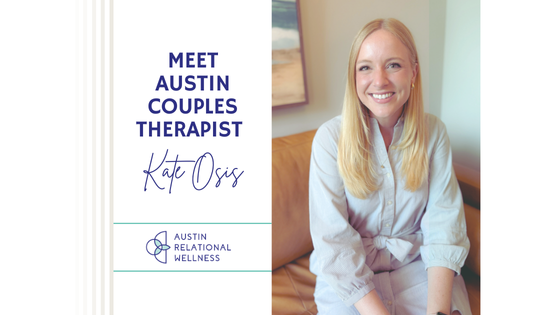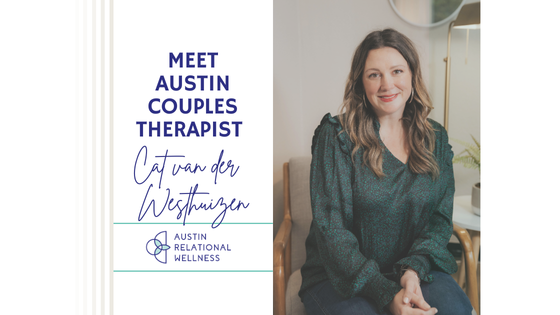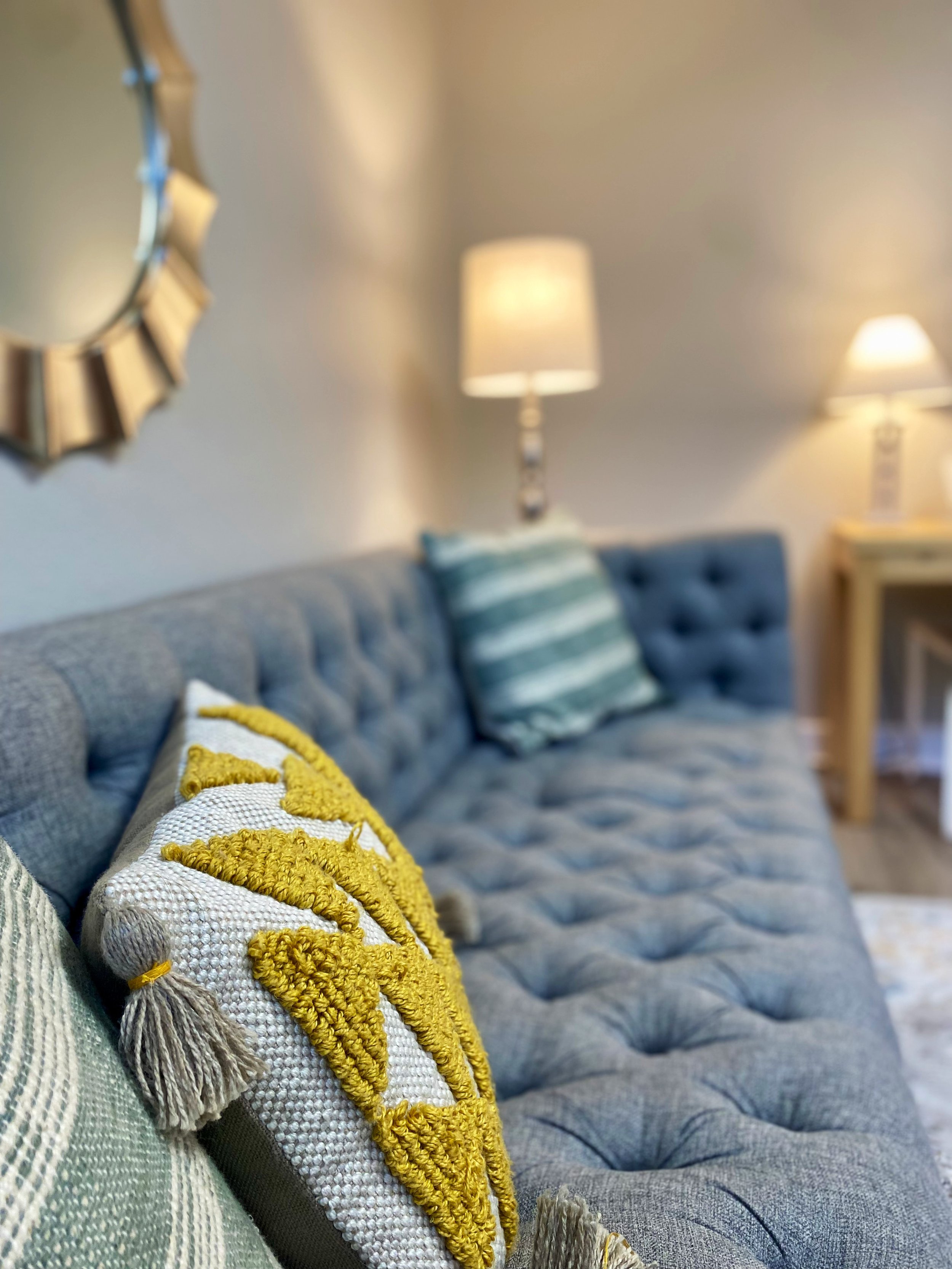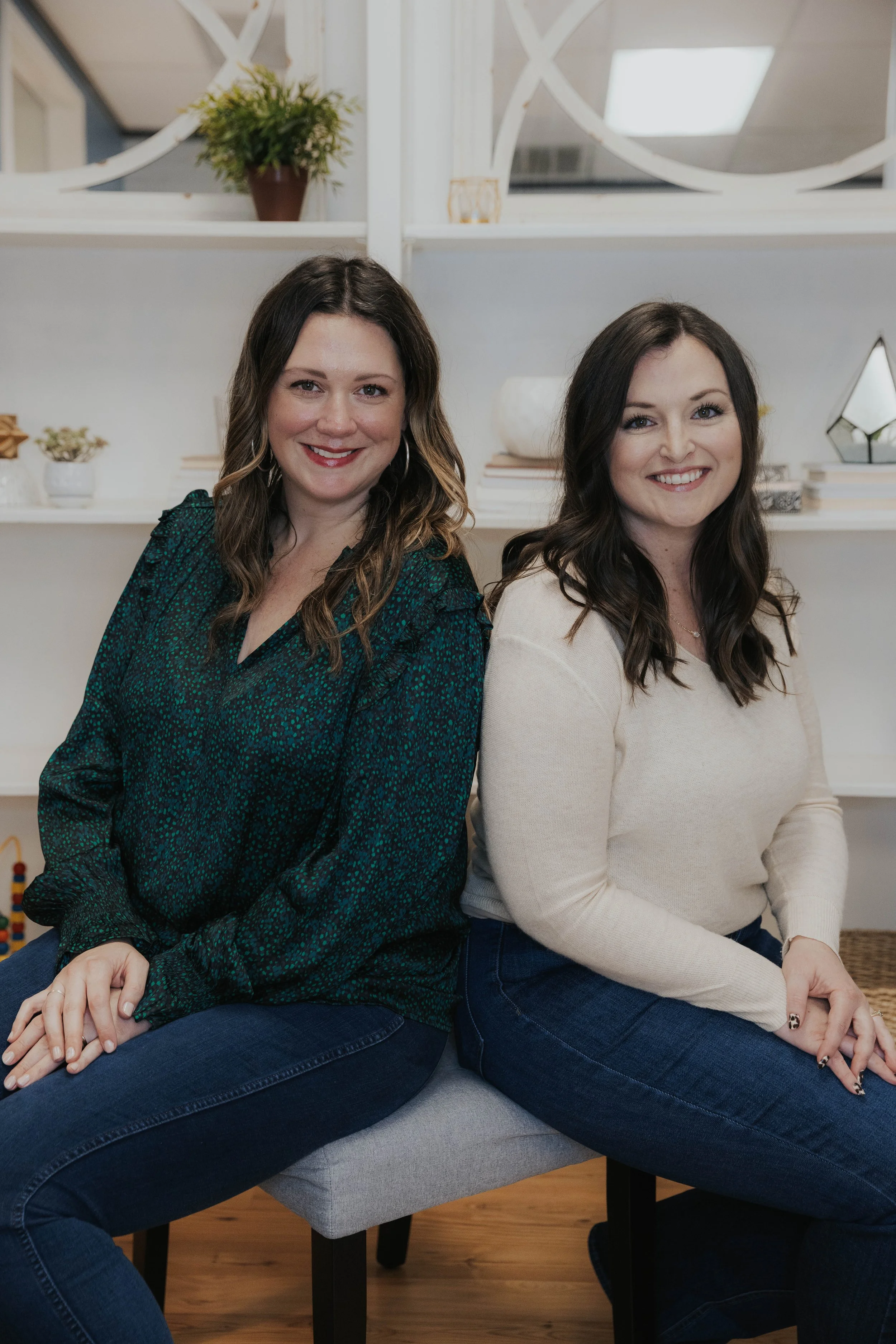Understanding the Negative Cycle in Emotionally Focused Therapy (EFT) for Couples
The negative cycle, also known as the "demon dance" or "dance of disconnection," is a key concept in Emotionally Focused Therapy (EFT). It refers to the pattern of negative interactions and reactions that can occur between partners in a relationship.
The negative cycle is often characterized by a pattern of emotional withdrawal, criticism, defensiveness, or other negative behaviors that can trigger negative reactions in the partner. For example, one partner may criticize the other for being emotionally distant, which can cause the other partner to withdraw even further, leading to further criticism and resentment.
EFT couples therapy helps couples identify their negative cycles and understand the underlying emotions and needs that drive them. Through this process, couples can learn to recognize and interrupt the negative cycle, replacing it with more positive and adaptive patterns of interaction.
The negative cycle is a common issue in relationships, but it can be particularly damaging if it becomes a habitual pattern. By working to break the negative cycle and develop more positive patterns of interaction, couples can build stronger and more fulfilling relationships.
Is EFT Backed by Research?
Yes, EFT is supported by a large body of research and has been shown to be effective for a variety of relationship issues.
Numerous studies have demonstrated the effectiveness of EFT for improving relationship satisfaction and reducing relationship distress, as well as for treating individual issues such as depression, anxiety, and post-traumatic stress disorder (PTSD). EFT has also been found to be effective for diverse populations, including couples of different races and sexual orientations.
For example, a meta-analysis of 86 studies found that EFT was highly effective in improving relationship satisfaction and reducing relationship distress, with effect sizes similar to or larger than those of other forms of couple therapy. Another meta-analysis found that EFT was effective in improving individual mental health outcomes, such as reducing symptoms of depression and anxiety.
EFT has also proven helpful for specific relationship challenges such as infidelity and trauma. One study found that EFT significantly improved relationship satisfaction and reduced trauma symptoms in couples dealing with infidelity.
Overall, the research suggests that EFT couples therapy is a highly effective form of therapy for improving both relational and individual mental health outcomes.
Ready to Break the Cycle and Reconnect?
If you and your partner feel stuck in painful patterns of disconnection, you’re not alone. You don’t have to keep navigating it by yourselves. Emotionally Focused Therapy offers a proven path forward, helping couples move from conflict and shutdown into deeper understanding and connection. If you're looking for EFT couples therapy in Austin, reach out to connect with one of our therapists. We're here to help you rebuild, together.
Written by Cat van der Westhuizen, LPC, LMFT
Providing Couples Therapy in Austin and Individual Counseling for those looking to deepen connection, improve communication, and create lasting change.






















































